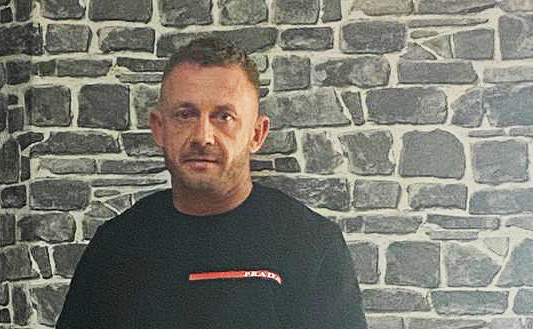By Carl Scott, Youth Worker.
Some parents wonder when, where and how to start a conversation about cannabis. They ask themselves and others: ‘What age is the right age to start talking about drugs?’ Or, ‘Should I ask the questions, or should I wait until my child ask me something?’ Every child is different, so there is no ‘right age’ to start talking about cannabis. But it makes sense to have your first conversation before your child is likely to try using cannabis. That way you establish a connection and share your expectations before they are exposed to any risk associated with cannabis.
Responding to your child’s cannabis use
Discovering (or suspecting) your child has been using cannabis or any other drug can be scary, especially if you feel that it is not just part of ‘normal’ experimentation. While it can be tough to resist the urge to go wild with worry or anger, the best thing you can do for your child is to respond responsibly. It is important not to let your concerns harm the relationship and the trust you have with your child.
1) Stay Calm
Yelling and making threats will not help the situation. If anything, ‘freaking out’ will give your child another reason to hide things from you. Searching their room or personal belongings may harm the trust between you and your child.
2) Talk to your child
Sit down with them and tell them how you feel. If they are high, wait until the effects have worn off so you can have a more meaningful discussion. Say ‘I’m worried because…or ‘I’m afraid because…’. Then give your child an opportunity to express their own feelings. Make sure they know you are really listening. And allow them time to think things through before speaking.
Learn why your child is using drugs. Find out what led them to try cannabis in the first place. Was it because their friends were using it and they wanted to fit in? Was it for the ‘buzz’ that comes from having an altered state of consciousness? Was it because they wanted a way to escape? Was it to manage symptoms of anxiety or other mental health problems? If so, you might want to consider seeking help from a mental health professional. It may also be helpful to find out how often your child uses cannabis.
Young people use cannabis because they feel it benefits them. The most common reasons a youth uses cannabis are:
To feel good – young people may use cannabis to feel more social, celebrate or relax. Using cannabis to feel good is associated with moderate use. There is still some risk, as there is in life in general.
To feel better – cannabis can help to reduce anxiety in social situations or when trying to connect with others or reduce symptoms of chronic anxiety or depression. If young people use cannabis regularly to deal with troubling feelings, then use may become problematic.
To do better – some young people feel pressure to improve their performance, ‘get going’ or ‘keep going’.
To explore – Young people may use cannabis out of curiosity or to ‘walk on the edge’, trying something new and different.
If your child is engaging in risky activities such as using cannabis at school or selling cannabis, it is important to talk with them about why they are engaging in these activities so that you can assess the level of risk, help them think through the consequences and identify alternatives. For example, if your child is selling cannabis to make money, talk with them about safer ways to earn an income.
Quick tips for safer cannabis use
- Avoid smoking cannabis with tobacco.
- Avoid deep inhalation or breath-holding.
- Use a vaporizer if smoking cannabis, use joints rather than water bongs.
- Use a small piece of rolled unbleached cardboard as a filter to prevent burns.
- Only use cannabis purchased from a trusted source.
Signs of risky or harmful cannabis use
- Using regularly at an early age daily or near daily use.
- Using during school or work.
- Using as a major form of recreation
- Using to cope with negative moods
- Experiencing chronic coughing, shortness of breath, wheezing or psychotic symptoms.
Long term effects of cannabis use
- Decline in IQ (up to 8 points if prolonged use started in adolescence)
- Poor school performance and higher chance of dropping out.
- Impaired thinking and ability to learn and perform complex tasks.
- Lower life satisfaction
- Addiction (about 9% of adults and 17% of people who started smoking as teens become addicted)
- Potential development of opiate abuse
- Relationship problems, violence, antisocial behaviour including stealing money or lying
- Financial difficulties
- Increased welfare dependence
- Greater chances of being unemployed or not getting good jobs.
This post was written by Carl Scott, Youth Worker
Follow Carl on Instagram @carl_scott_official

Help & Advice
Take a look at our Help page for advice and information on drugs and alcohol
We talked about weed and drug-taking with experts Toby Chown from Oasis Project, Carl Scott from Reboot Sussex, Luci Hammond from RU-OK? and PC Joe Davies from Sussex Police.
If you’re concerned about a young person getting involved in drugs or county lines, getting advice before talking to them can really help. Call Crimestoppers on 0800 555 111.
